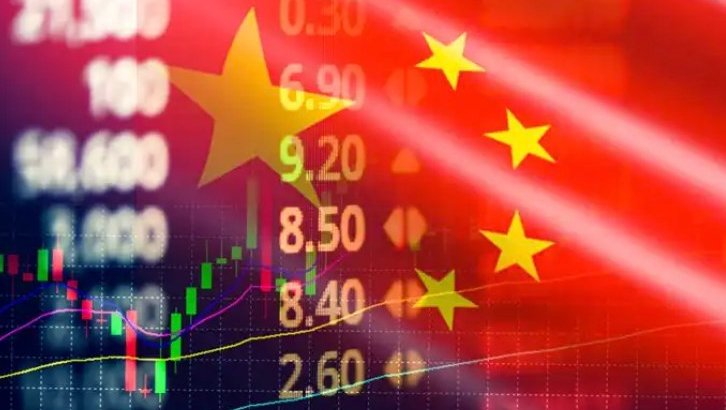$SPY $BABA $FXI
#China #Tariffs #TradeWar #Stocks #Investing #Economy #Markets #Finance #USChina #Trade #GlobalEconomy #StephenMoore
Former Trump advisor Stephen Moore has weighed in on the ongoing trade tensions between the U.S. and China, suggesting that Beijing has a much lower pain threshold for tariffs compared to Washington. Moore, who previously served as an economic advisor to former President Donald Trump, noted that the current trade friction is likely to develop into a “skirmish” rather than a full-blown trade war. His comments come as both nations continue to impose duties on each other’s products, signaling a renewed strain in economic relations. Investors are watching closely as these disputes can have direct consequences on global supply chains, corporate profits, and equity markets.
Market analysts have emphasized that China’s economy, though resilient, is facing structural challenges such as slowing economic growth, high debt levels, and deflationary pressures. As U.S. tariffs put additional strain on its manufacturing sector, China could find it harder to absorb the shock compared to the U.S., which has a more diversified economic base and robust domestic consumption. Key Chinese stocks such as Alibaba ($BABA) and the broader Chinese market index ($FXI) have reflected volatility in response to concerns over trade policy. Meanwhile, U.S. equities, including the S&P 500 ($SPY), have remained relatively insulated, though certain sectors—such as semiconductor and industrial goods—could see short-term disruption.
While Moore downplayed the potential for a full-scale trade war, previous tariff battles have shown that prolonged uncertainty can weigh on investor sentiment. The back-and-forth tariff measures between Washington and Beijing during the Trump administration contributed to market volatility, affecting both corporate earnings and global trade flows. Economists argue that if the current dispute escalates, it could further challenge China’s efforts to revive its post-pandemic economy. At the same time, U.S. businesses reliant on Chinese imports could experience higher costs, impacting inflation and consumer spending. Federal Reserve policymakers are also keeping an eye on such developments, as any trade-induced inflationary pressures could influence their interest rate decisions.
Despite the economic risks, there remains a possibility that both nations will prioritize negotiation over escalation to avoid significant financial fallout. Moore’s assertion that this is more of a “skirmish” may signal that policymakers on both sides are wary of repeating the turbulence seen in previous years. However, the situation remains fluid, and investors are advised to monitor policy moves closely. In the short term, markets may experience heightened volatility, particularly in sectors with strong U.S.-China trade exposure. Still, historical patterns suggest that unless the dispute dramatically worsens, broader equity markets may continue their upward momentum, supported by resilient economic growth in the U.S. and cautious but measured government interventions in China.











Comments are closed.